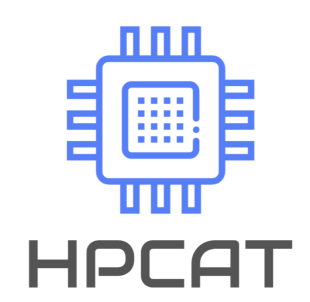HPCAT Lab
High Performance Computing Architectures & Technologies Lab
Department of Electrical and Computer Enginnering
School of Engineering and Applied Science
The George Washington University
800 22nd Street NW
Washington, DC 20052
United States of America
Contact
Ahmed Louri, IEEE Life Fellow
David and Marilyn Karlgaard Endowed Chair Professor of ECE
Director, HPCAT Lab
Email: louri@gwu.edu
Phone: +1 (202) 994 8241
